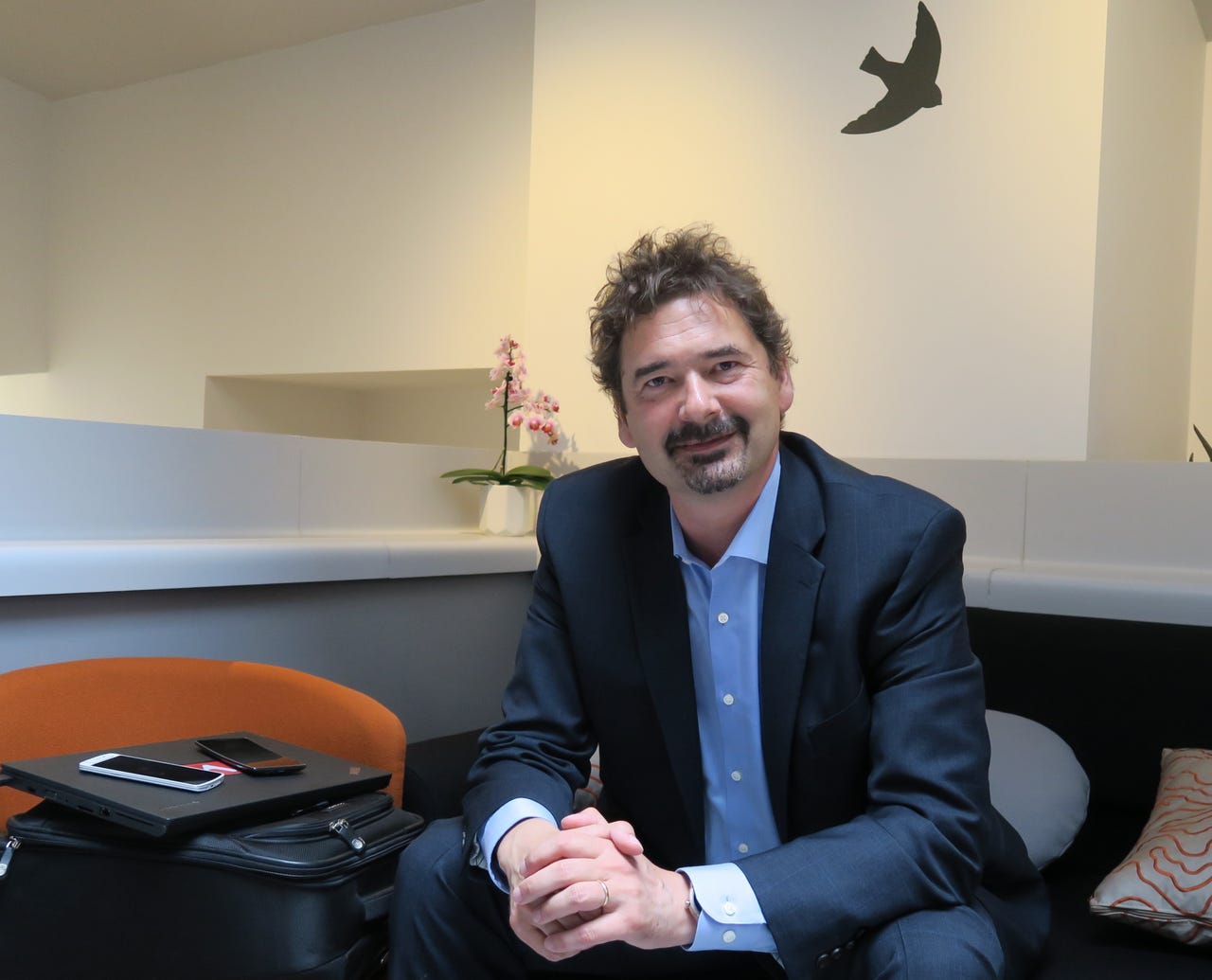Interview - Vivaldi browser developer aims to cater for even more demanding users


Vivaldi's co-founder and CEO, Jon von Tetzchner, says the new Vivaldi browser has got off to a good start with millions of downloads and approaching a million regular users. "We are seeing a great retention rate," he says, "and we only need a few million users to break even, so that's good."
Iceland-born von Tetzchner is on a short tour of Europe to meet members of the press and users. I caught up with him at his London hotel before he boarded a train for Paris.
The browser market has become more interesting over the past year, with Vivaldi, Brave and Microsoft's Edge entering the market. Opera has also become more active, announcing built-in ad blocking and a VPN service. Von Tetzchner also co-founded Opera before leaving to develop something he wanted himself: a highly configurable browser for more sophisticated users.
"I have a lot of friends at Opera, but there's a group of people that are probably not too thrilled at what I'm doing. When we came out with a lot of features, they said 'OK, we have to add some features as well,' and some of them are quite different from what we're doing." The VPN is the most obvious example.
I ask if he sees much appeal in catering for privacy issues, because the main point of VPNs nowadays is to avoid location-based blocking. (Typically, people want to watch BBC catch-up programmes and Netflix from other countries.)
He says: "There's still a lot of people who care about [privacy], so it's something that should be and will be a focus for us as well, in the future. However, I think there's too much cloud at this time. I think we need more peer-to-peer decentralization. It's not that the cloud is bad, but there are issues relating to privacy and to control over your own data. What's the right balance?"
At the moment, however, Vivaldi is still working to add two "classic" features best known from Opera 12: Mail and Sync. "The most requests we get are for synchronization," says von Tetzchner, "and extensions for saving your passwords and bookmarks. Those are the things we spend most time on, making sure that they work.
"Some people just want to synchronize between different computers - their home computer, their work computer and so on - and some with mobile. Obviously we can't synchronize with a mobile browser that doesn't exist." (The mobile version of Vivaldi yet to come.)
Vivaldi is based on Google's open source Chromium, and while they've built a new user interface, they're not doing much to the core. "Chromium changes are pretty expensive for us, because we have to maintain them forever," says von Tetzchner. However, the Vivaldi browser is able to use things that Google is working on, but haven't appeared in Chrome. One example is hibernating tabs and tab stacks. This reduces resource consumption, so you can handle more tabs at once.
Another focus is on bookmarks, because some users have thousands or even tens of thousands. "Vivaldi already has a bookmarks bar, a bookmarks panel, speed dial pages, and speed dial folders, and some people want us to add more," he says.
Better bookmarking is a competitive advantage in Vivaldi's target market of advanced users.
"If you look at the business models of all the browsers, they make their money from search. It's not in their interests for you to use bookmarks," says von Tetzchner. "We are thinking the opposite. With sessions, with tab handling, with bookmark handling and notes, our aim is to help you organize your data. And we will do our best to do that in ways that fit your work-style.
"Our baseline is to offer what Chrome offers, and then gradually improve on that. With most browsers, the thinking is that anything a little bit more advanced should be an extension. In our case, the thinking is that anything a little bit more advanced should be an option, which is easier.
"We have a lot of things to think about, and that's the exciting part. We just got started, and the question is, how can we make people's lives easier? We build our software so that you can adapt it to your way of doing things, and I can adapt it to my way of doing things, and everyone's happy."
More from ZDNet:
The Vivaldi browser offers an easy upgrade from Google Chrome
Always opening new tabs? Like to do things your way? Vivaldi could be the browser for you
Can this browser for 'discerning users' make a dent in Chrome or Internet Explorer?